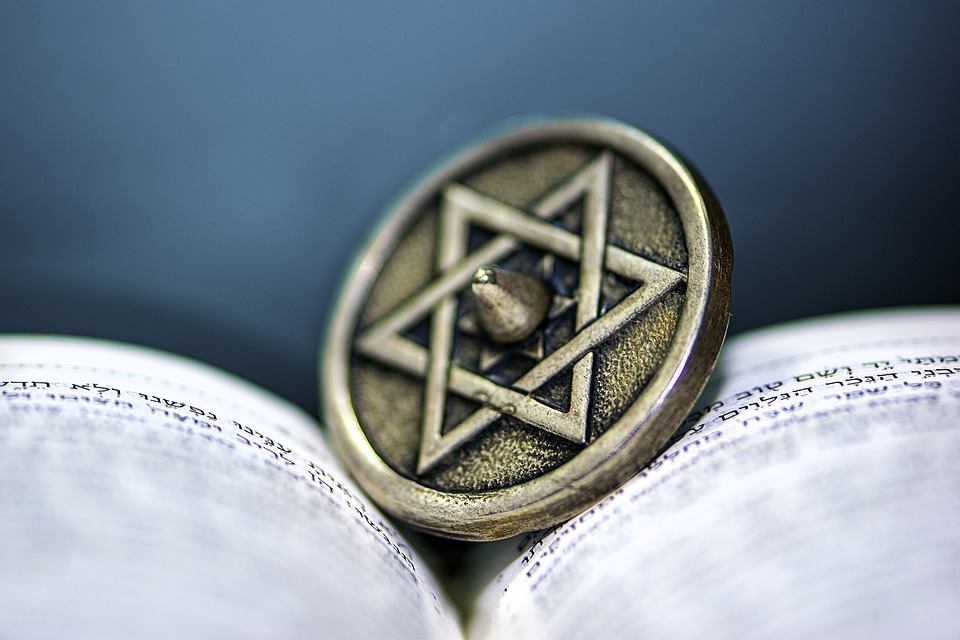The Seventeenth of Tammuz (17th of Tammuz) may be a minor Jewish holiday, but it has a major history behind it.
In Hebrew, it is translated as Shivah Asar b’Tammuz. It falls on the 17th day of Tammuz, the tenth month of the civil year and the fourth month of the ecclesiastical year on the Hebrew calendar. Tammuz falls during the summer season and is approximate to June—July of the Gregorian calendar.
The Seventeenth of Tammuz commemorates the breach of Jerusalem’s walls, which led to the destruction of the Second Temple, among other calamities. It marks the beginning of a three-week mourning period that culminates in Tisha B’Av, and the second of four fasts commemorating these tragedies.
History and origins
The Mishnah (a collection of oral laws known as the “Oral Torah”) lists five events that occurred on the 17th of Tammuz:
- Moses broke the two tablets of law that he had been given on Mount Sinai;
- During the Babylonian siege of Jerusalem, the First Temple priests were forced to stop offering the Tamid (daily) sacrifices due to lack of sheep;
- During the Roman siege of Jerusalem, the city walls were torn down, leading to the destruction of the Second Temple;
- Apostomus, a Roman military leader, burned the holy Torah;
- The Romans erected an idol in the Temple.
Customs and observances on the Seventeenth of Tammuz
The Seventeenth of Tammuz is a day of fasting and prayer. As a minor fast day, fasting begins at dawn and ends shortly after dusk. It is highly advisable to wake up very early and take meals before fasting begins (provided that one had already in mind to do so before going to sleep).
During the morning prayer, the Jews recite selichot (special penitential prayers), reflecting the overall theme of the day.
The Torah is read in morning and afternoon prayers. The reading is Exodus 32:11—14 and 34:1—10, which examines the events after the Golden Calf incident, how Moses successfully interceded on behalf of the Israelites and achieved forgiveness for their sins. This particular reading is done both in the morning and afternoon. A special reading, haftarah (from the Book of Isaiah), follows the afternoon Torah reading.
During the Amidah prayer (the central prayer of the Jewish liturgy) in the Mincha (afternoon prayer service), those who are fasting insert the Aneinu (Jewish prayer of atonement) and the Shema Koleinu blessing. In addition, the blessing is also inserted in the repetition of the Amidah in the Mincha.
Some notes on fasting:
- Healthy adults (bar mitzvah and bat mitzvah age and older) fast from dawn to nightfall.
- Pregnant and nursing women may not have to fast.
- A sick person should consult with a rabbi. Even those who are exempt from fasting, such as children or ill people, should not indulge in sweets or delicacies.
If the Seventeenth of Tammuz falls on the Shabbat, fasting is postponed until the next day (Sunday).
